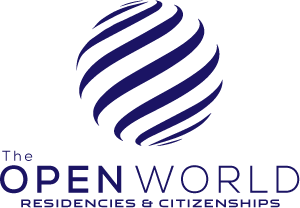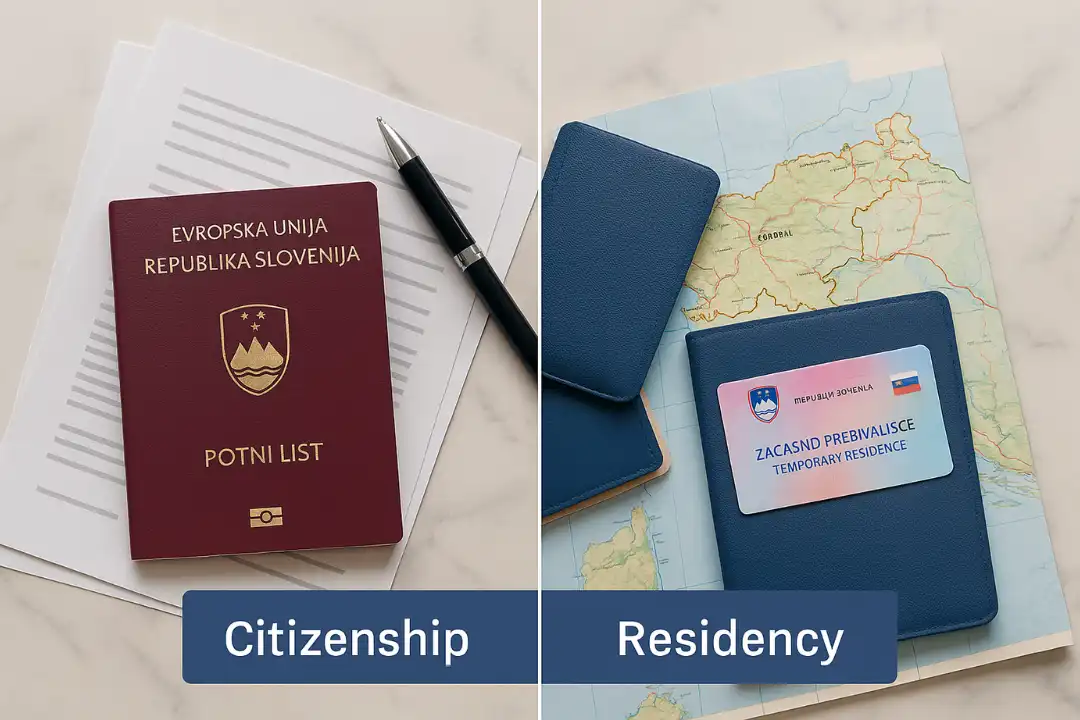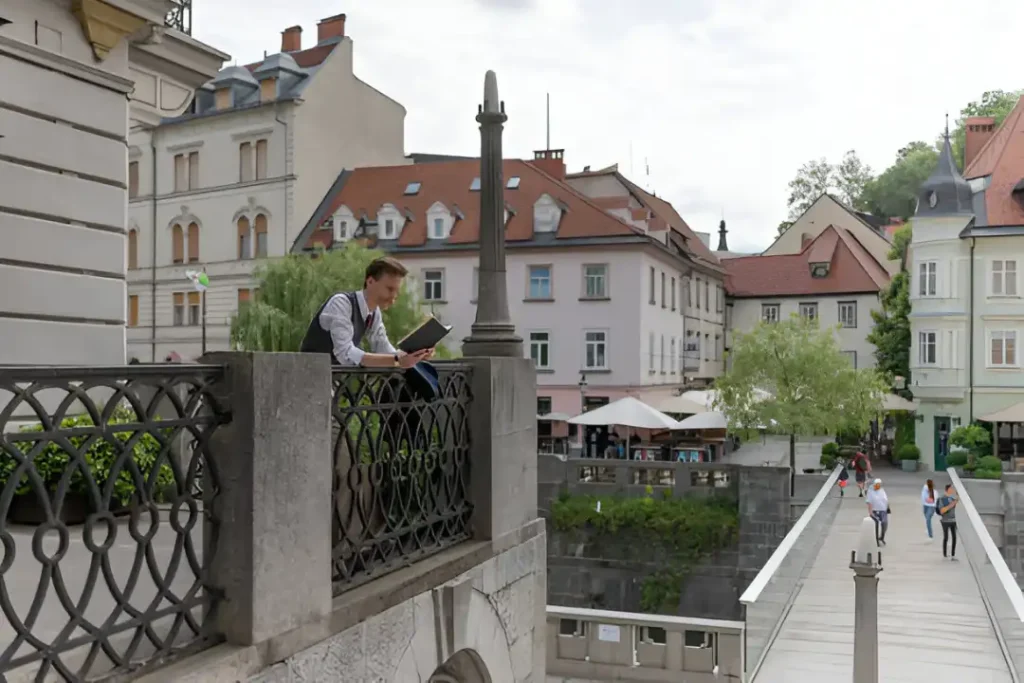Dreaming of life in a peaceful, green country in the heart of Europe? Slovenia offers just that—and more. But before packing your bags, one crucial decision awaits: Should you apply for residency or go all in for citizenship? The answer depends on your goals, timeline, and how deep your connection to Slovenia runs.
Let’s break it down so you can make the best decision for your future in this beautiful EU nation.
Slovenian Citizenship vs Residency: Which One Is Right for You?
Residency gives you the legal right to live in Slovenia, either temporarily or permanently, without full political or citizenship rights. Citizenship, on the other hand, makes you a full member of the Slovenian (and European Union) community, with all the rights and responsibilities that come with it.
What Is Slovenian Residency?
Slovenian residency allows non-citizens to legally live in the country, access public services, and potentially work or study—depending on the type of permit granted. There are two main types: temporary residence permits and permanent residence permits.
A temporary residence permit is typically the first step. It’s usually issued for one year and can be renewed if the conditions—such as employment, education, or family ties—remain valid. Common pathways include joining a Slovenian company, enrolling in a university, or reuniting with family members already living there.
After five years of continuous legal residence, individuals may qualify for permanent residency, which is valid for ten years and renewable. This status offers more stability and access to nearly all public services, making it an attractive long-term solution for those planning to stay.
A friend of mine moved to Slovenia on a student visa. Initially unsure if she’d stay past her master’s program, she quickly fell in love with Ljubljana’s café culture and green spaces. After graduating, she secured a job, transitioned to a work-based residence permit, and now—five years later—she’s a permanent resident with full access to healthcare and social benefits. For her, residency became the perfect middle ground between mobility and stability.
Slovenian residency doesn’t require giving up your current citizenship and offers a stepping stone toward eventual citizenship for those who meet the criteria.
How to Qualify for Slovenian Permanent Residency
Gaining permanent residency in Slovenia is a strategic step toward long-term stability and possibly future citizenship. To qualify, you must first hold a temporary residence permit continuously for five years. This period must be uninterrupted, meaning short absences are allowed, but long gaps could reset your eligibility clock.
The most common routes to start the process include:
- Employment: Securing a job with a Slovenian employer.
- Higher Education: Enrolling in a recognized Slovenian academic institution.
- Family Reunification: Joining close relatives already residing in Slovenia.
- Entrepreneurship: Establishing or investing in a Slovenian company.
For entrepreneurs, there are financial thresholds to meet. You’ll need to register a company with a minimum share capital of €7,500, and demonstrate a net investment of at least €50,000 in business activity. This can include inventory, equipment, marketing, or real estate directly tied to company operations.
Once you’ve completed five years under any legal basis, you can apply for permanent residency. You’ll need to prove sufficient financial means, stable accommodation, and pass a basic Slovenian language test (A2 level).
Key perks of permanent residency include:
- 10-year renewable status
- Free access to public healthcare
- Participation in most social programs
- Freedom to work, live, or start a business without additional permits
Permanent residency is ideal for those seeking long-term benefits in Slovenia without necessarily pursuing full citizenship—especially if you wish to retain your original nationality.
What Is Slovenian Citizenship?
Slovenian citizenship grants you full membership in both the Republic of Slovenia and the European Union. This means not only can you live, work, and study freely within Slovenia, but you also gain EU citizenship rights—including the freedom to move across all EU member states, vote in European elections, and access broader employment opportunities.
There are several legal frameworks through which Slovenia grants citizenship. The most foundational is jus sanguinis—the right of blood. If you’re born to at least one Slovenian parent, you may be entitled to citizenship automatically, even if born abroad.
For those without Slovenian heritage, citizenship can be acquired through:
- Ordinary naturalisation
- Marriage to a Slovenian citizen
- Long-term residency (10 years, including 5 continuous)
- Extraordinary naturalisation (in cases of national interest)
- Citizenship by descent up to the fourth generation in some cases
Citizenship provides additional rights not available to residents:
- Voting in national elections
- Obtaining a Slovenian passport, which ranked 10th globally in 2025 with visa-free access to 183 countries
- Unrestricted access to all public institutions and legal protections
Unlike permanent residents, citizens don’t need to renew their status—and can transmit citizenship to their children.
Slovenian citizenship is ideal for those seeking full integration, enhanced travel mobility, and a secure, long-term future in Europe.
Pathways to Citizenship in Slovenia
Slovenia offers multiple legal avenues for acquiring citizenship, each tailored to different personal and professional circumstances. Whether you have ancestral ties or are building a life from scratch, the country provides several well-defined routes.
- Citizenship by Descent (jus sanguinis)
If you have a Slovenian parent—or in some cases, a grandparent or great-grandparent—you may be eligible. The law recognizes citizenship through up to the fourth degree of direct descent, though documentation proving lineage is essential. - Naturalisation
This is the most common path for foreigners. You must reside in Slovenia for at least 10 years, with the final 5 years continuous. Other conditions include:
- Proficiency in the Slovenian language
- No serious criminal record
- Financial self-sufficiency
- Willingness to renounce your previous citizenship, unless exempt
- Citizenship by Marriage
Spouses of Slovenian citizens may apply after 3 years of marriage and 1 year of continuous residence in Slovenia. This route speeds up the naturalisation timeline significantly. - Citizenship through Higher Education
Graduates of Slovenian universities who have lived in the country for 7 years (including at least 1 year continuously) may be eligible to apply. - Extraordinary Naturalisation
In rare cases, individuals can acquire citizenship without fulfilling the residence requirement—if they contribute significantly to Slovenia’s national, economic, scientific, or cultural interests. This is typically granted through government discretion.
Each path requires documentation, a language test (A2 level), and proof of integration into Slovenian society. Also, Slovenia generally does not allow dual citizenship for naturalised individuals, unless exemptions apply.
These pathways allow for flexibility depending on your personal background, and each brings you closer to full rights as a Slovenian—and EU—citizen.
Slovenian Citizenship vs Residency: Benefits Compared
Choosing between Slovenian residency and citizenship hinges on your goals—whether you’re after temporary stability or full integration with all EU rights. Here’s a side-by-side comparison to help clarify the differences:
| Feature | Slovenian Residency | Slovenian Citizenship |
| Legal Status | Right to live in Slovenia | Full legal and political rights |
| Voting Rights | No | Yes – local, national, and EU elections |
| EU Free Movement | Limited (as a resident of Slovenia only) | Full access across all EU countries |
| Work Rights (EU-wide) | Restricted to Slovenia | Unrestricted EU employment rights |
| Healthcare & Education | Yes | Yes |
| Renewal Needed | Yes – every 1 or 10 years depending on permit type | No – lifelong unless renounced |
| Dual Citizenship Allowed | Rarely (depends on original nationality) | Generally not allowed unless exempted |
| Passport Access | No | Yes – visa-free to 183 countries (2025 ranking) |
| Inheritance to Children | No | Yes – automatic citizenship transfer possible |
| Tax/Legal Obligations | Based on residency | Based on citizenship and international treaties |
While residency is ideal for those testing the waters or maintaining flexibility, citizenship is best for those ready to plant deep roots in Slovenia and the EU.
Dual Citizenship and Renunciation Rules
Slovenia maintains a relatively strict approach when it comes to dual citizenship, especially for those acquiring citizenship through naturalisation. In general, foreigners are required to renounce their original nationality before becoming Slovenian citizens. This rule is intended to ensure loyalty and integration into Slovenian society.
However, there are important exceptions:
- Citizens by Birth or Descent: Individuals who acquire Slovenian citizenship by descent (jus sanguinis) can retain their existing citizenship, even if born abroad.
- Extraordinary Naturalisation: In cases where citizenship is granted due to national interest—such as exceptional scientific, cultural, or economic contributions—the renunciation requirement may be waived.
- Stateless Individuals: Those who are stateless or would become stateless by renouncing another citizenship are also typically exempt.
It’s important to note that enforcement may vary slightly depending on bilateral agreements between Slovenia and other countries. For instance, countries that do not allow renunciation may create legal obstacles, in which case Slovenia may make exceptions.
This legal framework makes permanent residency an appealing long-term option for individuals who don’t wish to lose their original citizenship, yet still seek the benefits of living and working in Slovenia.
Always consult a legal expert before initiating the process—especially if you come from a country that strictly enforces or forbids dual nationality.
Which One Is Right for You?
Choosing between Slovenian residency and citizenship depends on your long-term intentions, professional plans, and how closely you want to connect with the country.
Choose Residency if you want:
- Flexibility to live temporarily or explore before committing
- To retain your original nationality without legal conflict
- Easier entry through work, study, or family reunification
- Access to essential services like healthcare and education
- A step toward possible citizenship in the future
Choose Citizenship if you:
- Are ready to fully integrate into Slovenian and EU society
- Want the freedom to live and work across the European Union
- Need unrestricted visa-free travel to over 180 countries
- Wish to pass Slovenian nationality to your children
- Don’t mind renouncing your original citizenship (if required)
For many, starting with residency provides a safe and reversible path. It lets you experience life in Slovenia while keeping your options open. If after a few years you find that Slovenia feels like home—and you meet the legal requirements—citizenship becomes the natural next step.
Take time to assess your priorities: mobility, legal flexibility, cultural integration, or family legacy. There’s no wrong choice—only the one that aligns best with your goals.
Final Thoughts: Choosing the Right Path to Slovenia
Deciding between Slovenian residency and citizenship isn’t just a legal choice—it’s a lifestyle decision. Whether you’re seeking flexible living arrangements, long-term European integration, or a powerful passport, Slovenia offers clear and structured pathways for both.
If you’re just starting out, temporary residency offers a low-commitment way to explore life in Slovenia. For those planning a permanent move and full access to EU benefits, citizenship is the ultimate goal—though it requires patience, paperwork, and often a change in nationality.
Next steps?
-
- Evaluate your timeline and mobility goals
- Review eligibility for each route
- Gather your documents early
- Consider professional legal or migration advice
Slovenia might be small in size, but it opens big doors especially for those who plan strategically and act with clarity.
Ready to Start Your Journey to Slovenia?
Whether you’re aiming for residency or full citizenship, our expert team at The Open World is here to guide you every step of the way. Based in Dubai, we specialize in helping ambitious individuals and families plan smooth, compliant migration to Europe.
Contact us today for a personalized consultation, your path to Slovenia begins here.
FAQs
Q1: Can I apply for Slovenian citizenship without living there?
Not usually. Most applicants must have lived in Slovenia for 10 years, including 5 continuous years immediately before applying—unless they qualify by descent or under extraordinary naturalisation.
Q2: Is it easier to get Slovenian residency or citizenship?
Residency is far easier. You can obtain a temporary residence permit through work, study, or investment. Citizenship typically requires years of continuous residence, language proficiency, and in most cases, renouncing your original nationality.
Q3: Does Slovenia allow dual citizenship?
Only in limited cases. Citizens by birth or descent may keep dual nationality. Most naturalised citizens must renounce their previous citizenship unless they qualify for an exemption.
Q4: What are the benefits of Slovenian citizenship over residency?
Citizenship offers:
- EU-wide rights (work, live, vote)
- A Slovenian passport with visa-free travel to 183 countries
- Political participation and legal permanence
Residency offers many rights locally, but without broader EU privileges.




